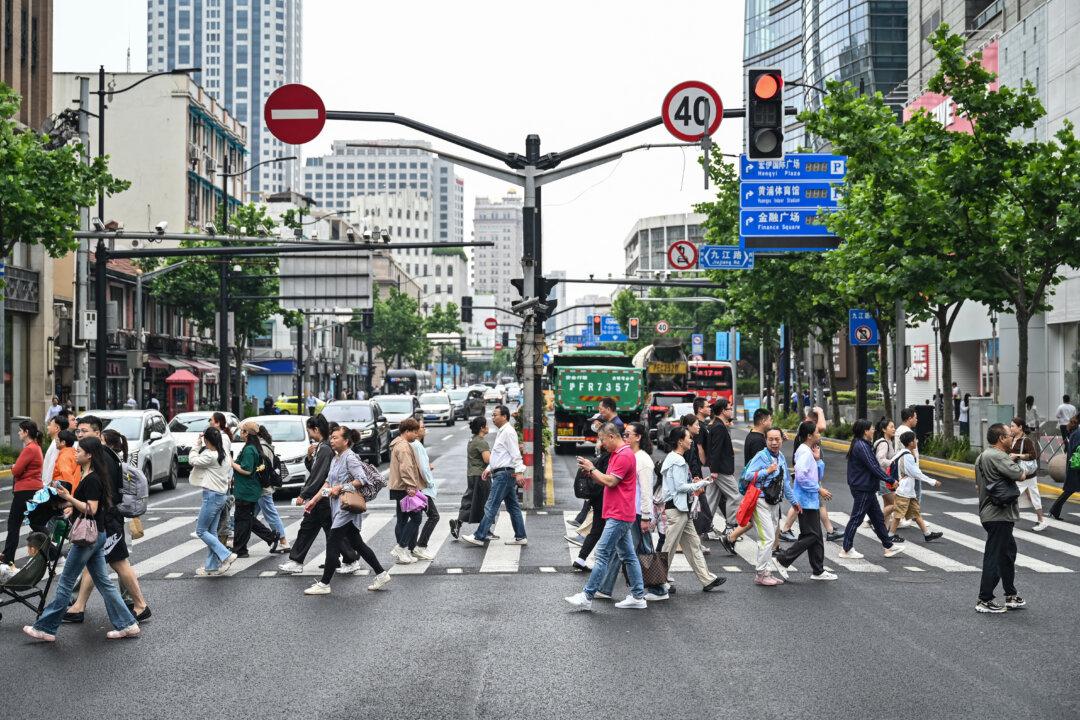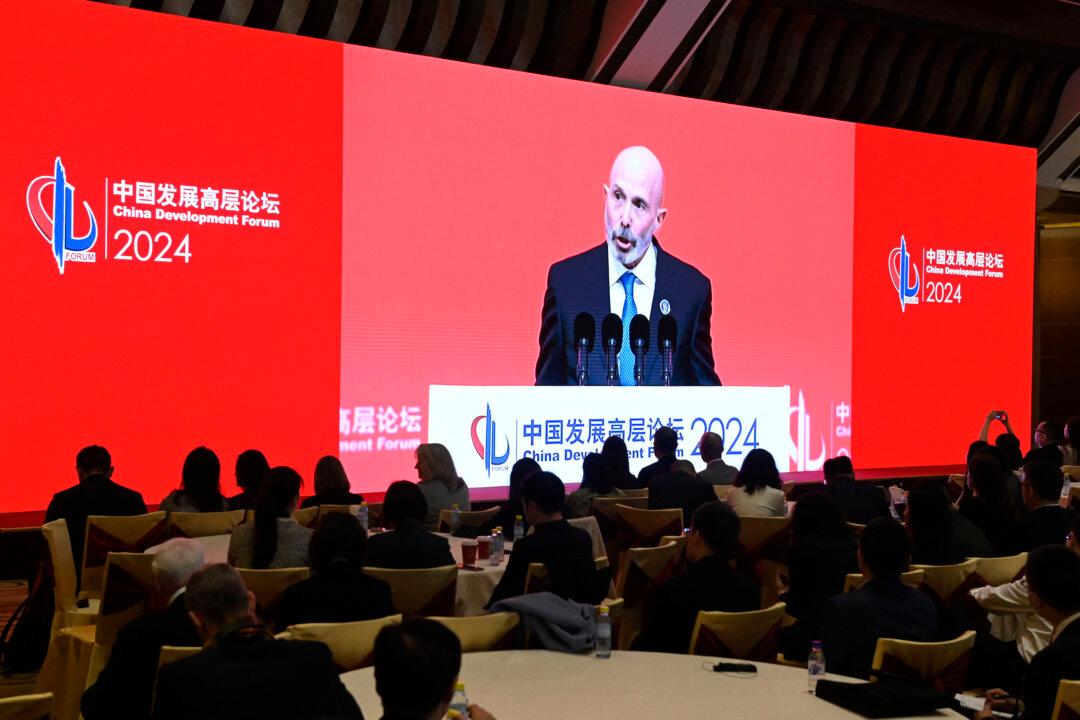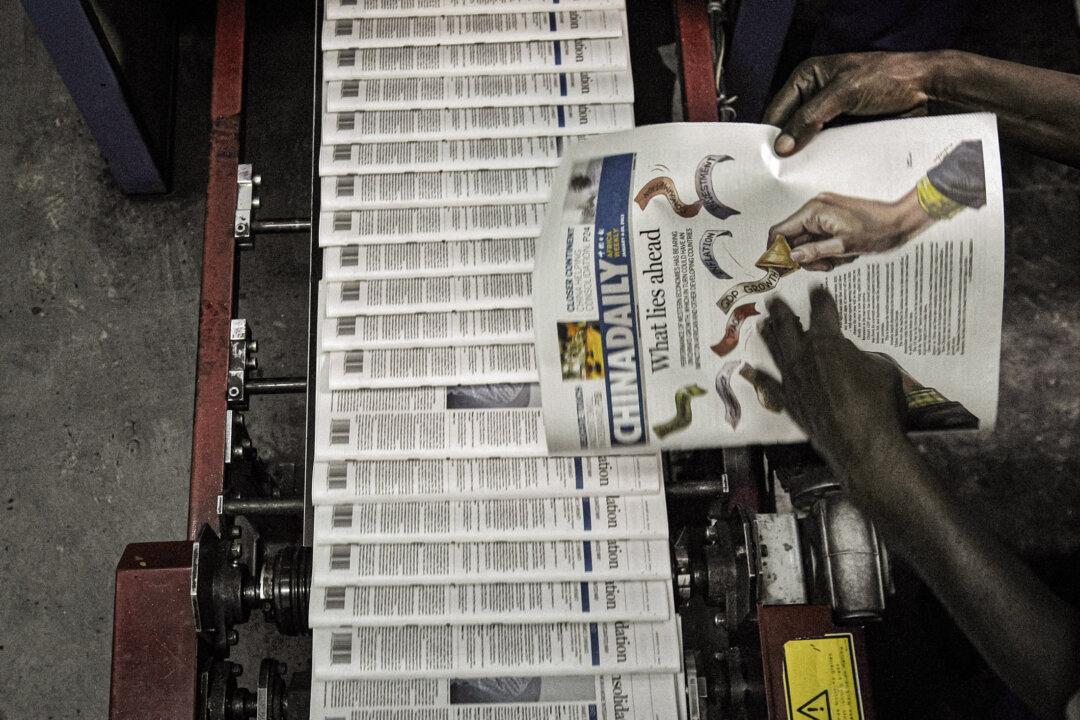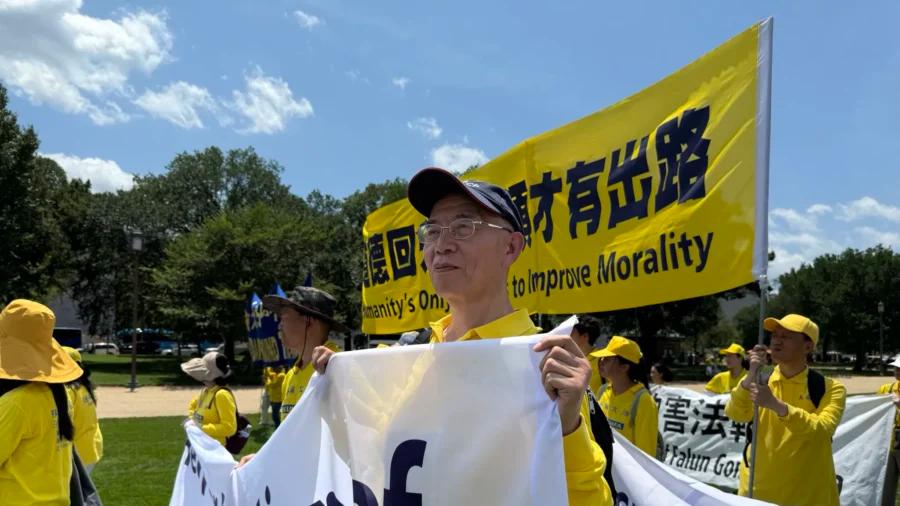Global investment banks cut their growth forecasts after China reported its slowest economic growth in five quarters, casting a shadow over one of the Chinese Communist Party’s (CCP’s) most important political meetings.
China’s economy grew by 4.7 percent in the second quarter compared to the previous year, slowing from 5.3 percent growth in the first quarter, according to data released by the National Bureau of Statistics on July 15.





